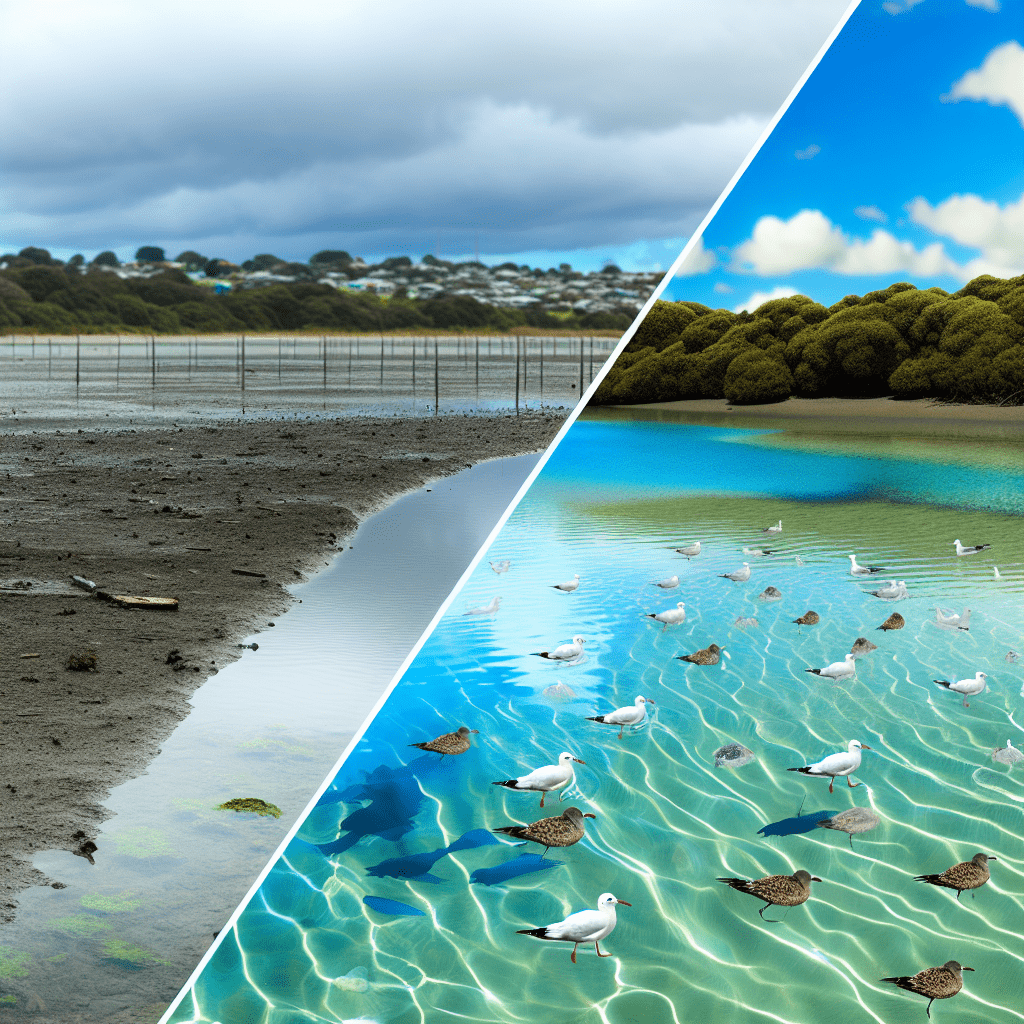”
New Zealand, renowned for its pristine rivers, picturesque lakes, and extensive coastline, grapples with substantial water quality challenges. This article dissects these concerns, illuminates the root causes, and explores probable solutions for healthier, transparent waters.
New Zealand’s water quality issues predominantly emerge from agricultural runoff, urban wastewater discharges, industrial pollutants, and the escalating impacts of climate change.
Major pollutants in New Zealand’s waters include nitrates from fertilizers, harmful chemicals from industrial effluents, untreated sewage, and surplus nutrients inducing harmful algal blooms. These pollutants not just pose serious health risks to people but also disrupt the rich diversity of aquatic ecosystems and burden water treatment facilities.
Although the National Policy Statement for Freshwater Management and the Resource Management Act (RMA) provide a framework for managing these issues in New Zealand, persistent water quality problems highlight the need for more comprehensive, sustainable solutions.
Addressing New Zealand’s water quality demands stringent control on agricultural and industrial pollutants, significant investment in wastewater treatment facilities, encouragement of sustainable farming practices, and climate-resilient water management strategies.
Furthermore, the role of public participation, education, and raising awareness is pivotal in this journey. Nationwide campaigns highlighting the importance of water conservation, pollutant mitigation, and the intrinsic value of clean water can spark a real change in societal behavior.
In conclusion, the path to improved water quality in New Zealand has its share of hurdles but is completely attainable. Through strengthened policy enforcement, embracing innovative technology, and fostering a culture of water stewardship, New Zealand can transition from murky estuaries to pristine ripples.
By FountainGO!

